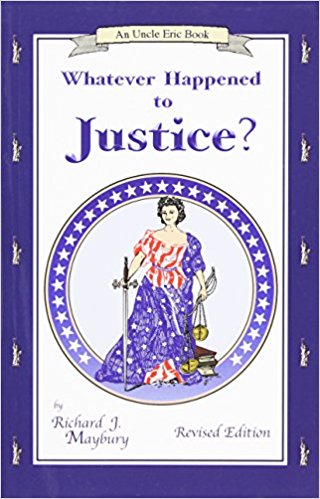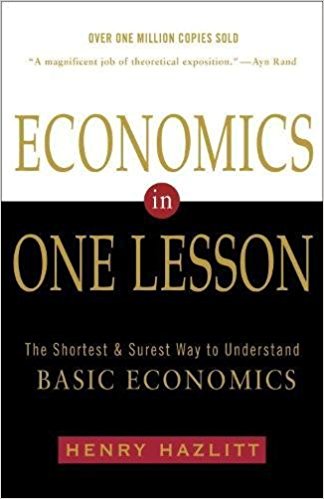During the financial crisis of 2008, we heard a lot about financial institutions that were “too big to fail”. After the crisis, we passed the Dodd-Frank law, and now those banks are even bigger. Own goal!
However, I sometimes wonder if there should be a “too big to exist” rule. When any entity – bank, government, company, individual – gets too big, it starts to have undue influence. At this point, any misstep by that entity can spell misery for millions. Also, they can use their strength to basically take what they want. Maybe there should be a cap on how much money and power one entity may have. Of course, given that governments can also be “too big to exist”, I’m not sure who would enforce such a rule.
The whole idea is problematic. Suppose we limit all companies to $1 billion in annual revenue. Apple sells a million iPhones one year for $1000 each (note that at this rate, it will take 300 years for everyone in the US to get one, and over 7000 years for everyone in the world to get one). Now up walks the one-millionth-and-first customer. The customer wants an iPhone. The Apple salesman would like nothing more than to sell that phone. The price is agreeable to both parties. They make the exchange and – men with guns arrive to lock the salesman up in a cage. It seems a little harsh. As a libertarian, I could not support this kind of violence visited upon someone engaging in non-violent behavior.
However, these huge institutions are scary. The power they have is dangerous. As Lord Acton said, “power tends to corrupt. Absolute power corrupts absolutely.” Only a saint could be trusted with that power, and there aren’t many of them (especially at the highest echelons of government and industry). They can crush political opponents, buy off the news media, and basically have their way pretty much anywhere. Power of that magnitude attracts the worst sorts of people, and turns even nice people into power addicts.
This is why I’ve changed my opinion on supra-national institutions, like the UN, the EU, and other trans-national organizations. It’s just too much power. The UK doesn’t actually need the EU to trade with Europe, or anyone else (I’ve always found the argument odd. Politicians are basically saying “force us politicians into the EU so that we politicians don’t put trade barriers up.” As if they just can’t stand the temptation).
I wonder how large these institutions could grow in a totally free market, without coervice government intervention. The Robber Barons of the early 20th century perfected the art of using government force to secure their fortunes in ways they could not do in the market, and it’s been off to the races ever since. In a free economy, the only way to get rich is to make a whole lot of other people very very happy (like Steve Jobs did), not by using government coercion to forceably appropriate other people’s wealth (like Goldman Sachs).

